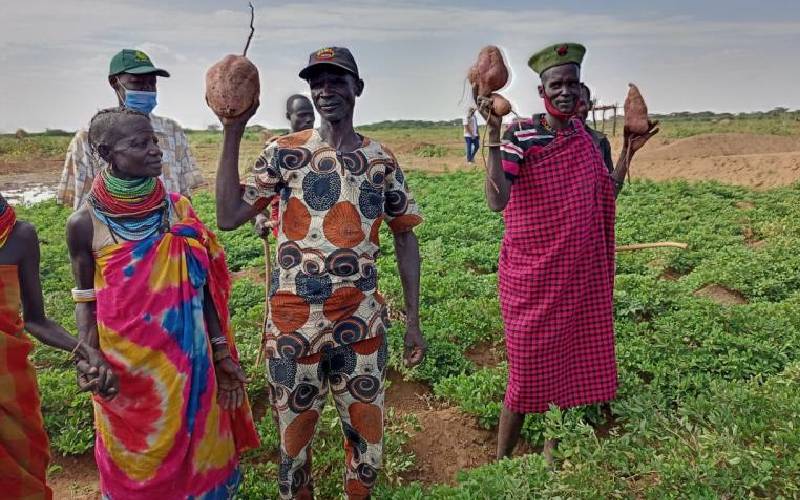
Is it not possible for Kenya to become world’s breadbasket? That can only happen if we start producing surplus food. Currently, we are producing less than what we need, then sell off to buy farm inputs. In 2019, Kenya imported maize worth Sh4.2 billion from Tanzania.
In 2020, we faced yet another maize deficit and imported approximately 277,350 tones (3.1 million 90kg bags), mostly from Uganda and Tanzania. This year, the deficit is so steep that Kenya will be forced to import beyond the East African community. Of course, there is an ungodly narrative behind these importations.